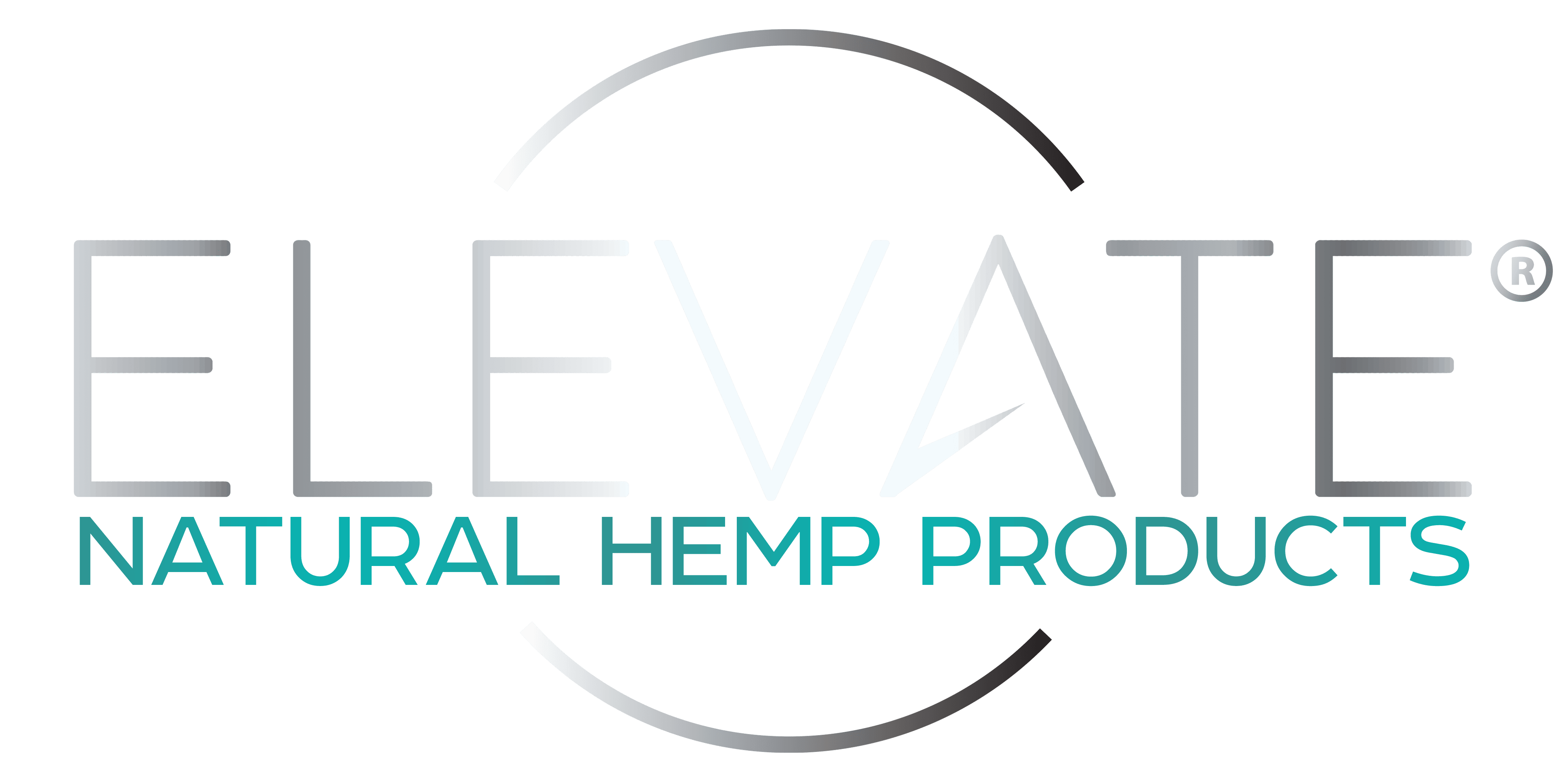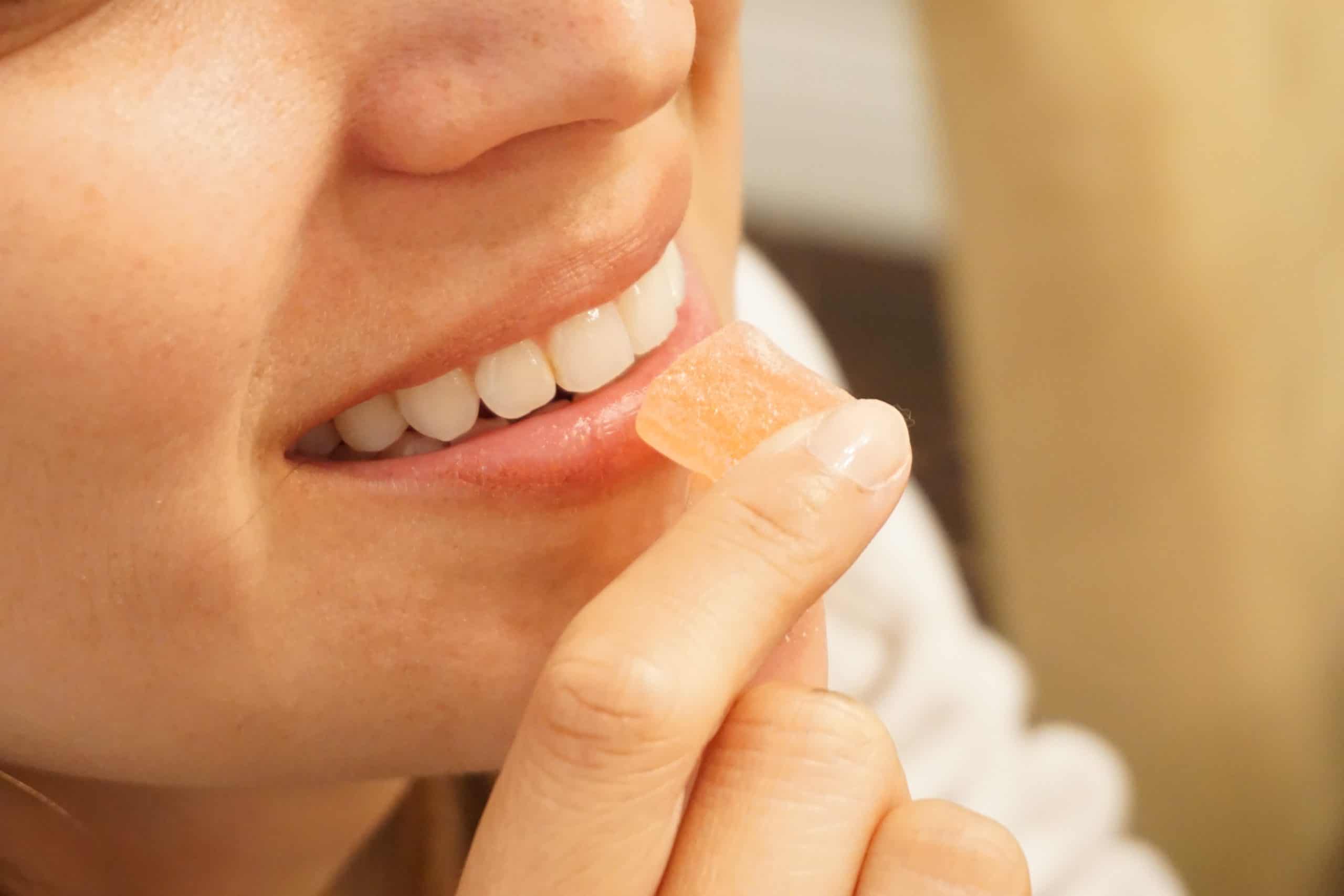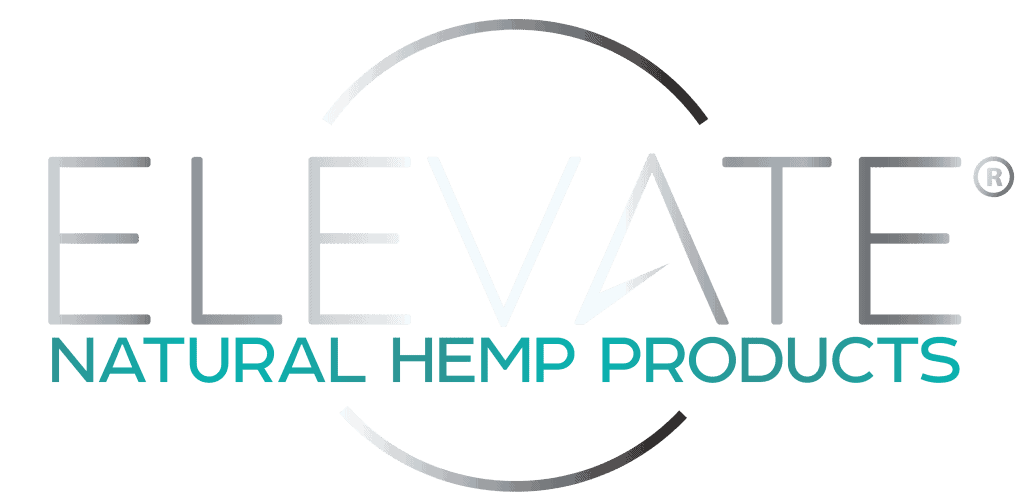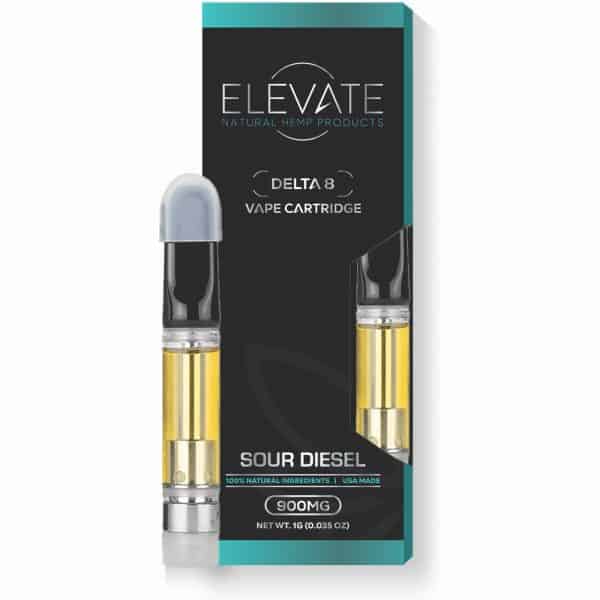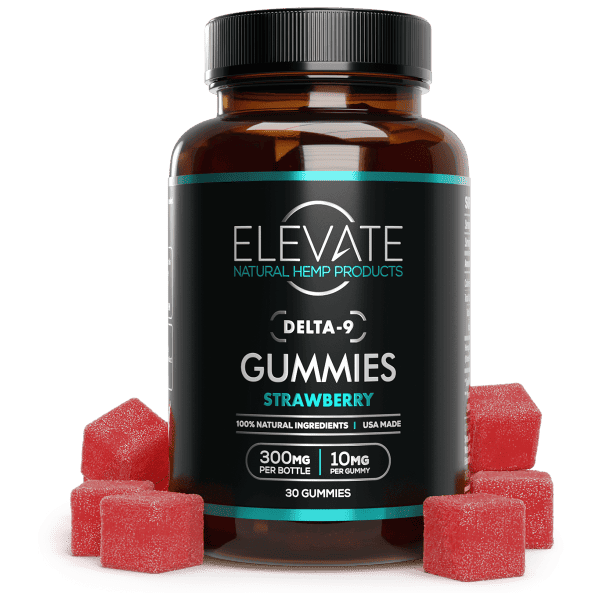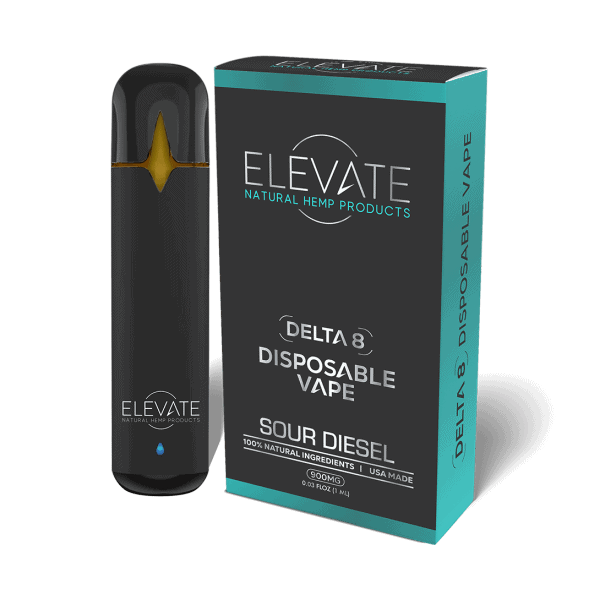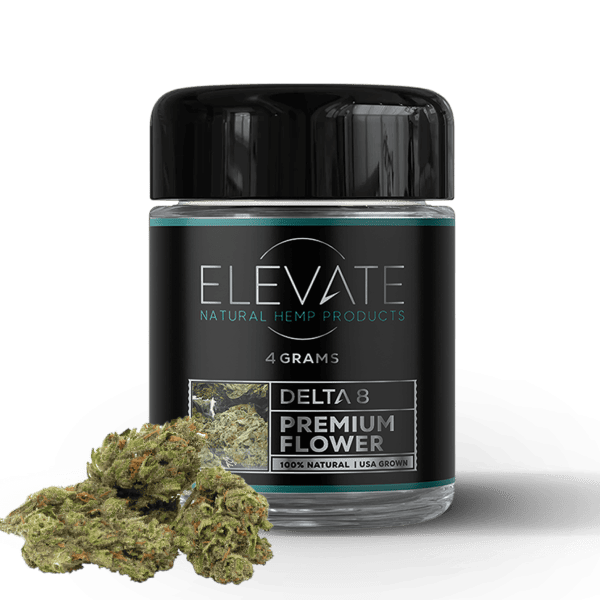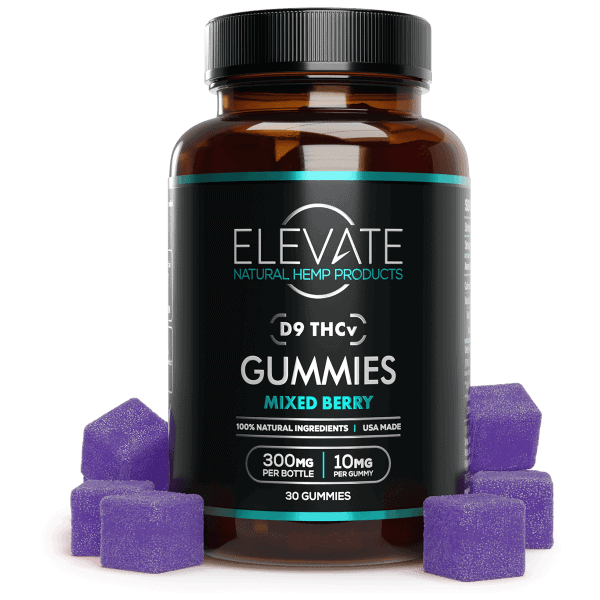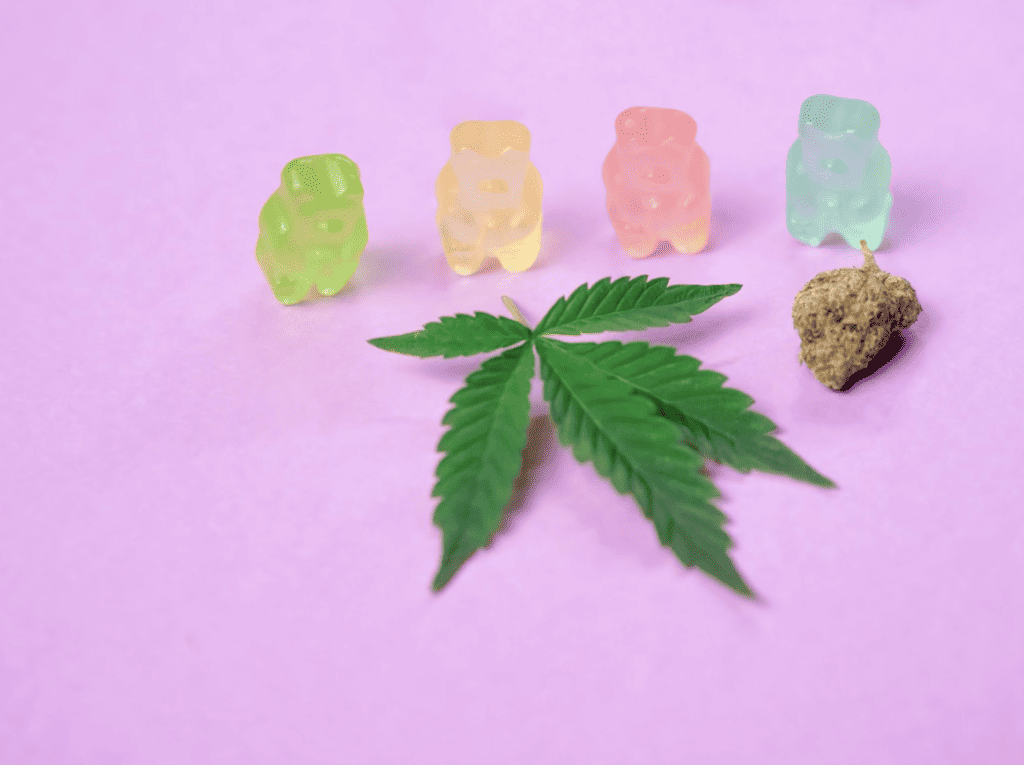
THCa vs THC: Understanding The Differences And Similarities
Understanding the differences between THCA and THC is crucial to enhancing your overall cannabis experience. Each of these compounds has its unique effects and benefits, which can significantly influence how you feel after consumption. By being more informed about the benefits of THC and THCA, you can tailor your cannabis use to your personal needs and preferences, allowing for a more tailored and enjoyable experience.
We believe knowledge is power – especially when it comes to navigating the ever-evolving cannabis landscape. It’s our mission to equip you with the information you need to make the best decisions about your cannabis consumption.
What is THCa?
THCA, or Tetrahydrocannabinolic Acid if you want to get scientific, is the raw, non-psychoactive primary cannabinoid only found in live and undried cannabis plants. This means if you were to nibble on a fresh cannabis leaf (not that we’re recommending it!), you’d primarily consume THCA, not THC. Interesting, right?
This compound is a powerhouse in its own right. Contrary to what many believe, THCA doesn’t just sit idly by, waiting to become THC. It has unique properties that have sparked some fascinating research in the scientific community. It’s been studied for its potential anti-inflammatory, neuroprotective, and anti-emetic properties among other cannabinoids. Impressed yet? There’s more!
The key thing to remember about THCA is that it’s not intoxicating. You heard that right. THCA won’t give you that high or psychoactive effect we typically associate with consuming cannabis. It’s like the Clark Kent to THC’s Superman. This is because the molecule structure of THCA doesn’t fit into the body’s cannabinoid receptors the same way THC does. This doesn’t make it any less important though.
But, What’s THC?
If you’re familiar with the euphoric effects typically associated with cannabis, you’ve got THC to thank for it. This compound is the superstar ingredient that gives cannabis its reputation.
THC comes from the raw acidic form, THCA, which when exposed to heat (a process known as decarboxylation), converts into THC. You might have heard about THC in the context of smoking or vaping, but it’s also found in a variety of other forms, from edibles and tinctures to oils and capsules.
You might be wondering, “Why does this matter?” Well, the type of THC and how it’s produced can influence the experience you have with our products. Here at Elevate, we offer a range of products with both Delta-8 and Delta-9-THC, allowing you to choose what suits you best.
The effects of THC aren’t just about feeling good, though. This potent compound can also offer wellness benefits. According to some studies, THC has been found to help with conditions like chronic pain, insomnia, and nausea, making it a valuable component in the cannabis market. It’s also known for stimulating appetite – anyone familiar with the ‘munchies’ phenomenon?
How is THCA converted into THC?
So how does THCA become the THC we’re more familiar with? Well, it involves a little bit of heat and some chemistry magic in a process called decarboxylation. Decarbox-what, you ask? Don’t worry, we’ll break it down for you.
Decarboxylation, our fancy science term for the day, is a critical process in the world of cannabis. To put it simply, it’s the process that transforms the non-intoxicating compound THCA into THC.
Picture it this way: THCA is like a locked box, and heat is the key that unlocks it to reveal the ‘gift’ inside – THC. But what’s going on under the hood, you ask?
Well, the THCA molecule contains an extra carboxyl group – it’s this group that prevents it from fitting into the receptors in our bodies that would give us that familiar cannabis effect. When we apply heat, a process of decarboxylation takes place, which effectively ‘burns off’ this extra group. This transformation is kind of like our THCA molecule going on a diet, losing a little bit of weight, and becoming THC!
When you smoke or vape, the heat from your lighter or vaporizer is doing this job. The flame causes the raw cannabis flower to heat up, triggering decarboxylation, and voila – you’ve got THC.
But what about when you’re consuming raw cannabis and not smoking or vaping? For edibles, tinctures, and topicals, the cannabis has to be decarboxylated before it’s used in the product. In these cases, the raw cannabis is usually heated in an oven to a specific temperature for a certain length of time to ensure all the THCA has been converted to THC. It’s a bit like prepping the ingredients for a meal – this ‘baking’ process activates the THC, ensuring it’s ready to provide its effects when consumed.
Understanding this process is really about understanding the care that goes into making cannabis products. We’re meticulous about this decarboxylation process, ensuring our products offer the expected effects, whether you’re enjoying our Delta 8 carts or Delta 9 THC gummies.
THC vs THCa – What’s The Difference?
THC and THCA may sound similar, but they offer different experiences. Here’s a comparison to understand them better:
1. Potency
THC and THCA differ greatly in potency due to their chemical structures. THCA is the natural, raw compound found in the cannabis plant, which is non-intoxicating and won’t produce the euphoric effects commonly associated with THC. However, as discussed earlier, when THCA is decarboxylated, or heated, it transforms into THC, unlocking its potent psychoactive potential. For those seeking a more intense, euphoria-inducing experience, THC is the go-to psychoactive compound here.
2. Usage
THC’s popularity is largely tied to its psychoactive properties, making it a favorite for both recreational and therapeutic applications. Its psychoactive effects, ranging from a sense of relaxation to heightened sensory perception, contribute to its widespread use. THCA, though non-psychoactive, is not without its applications. Consumed in its raw form, such as in cannabis juices or salads, THCA is believed to offer wellness benefits by some users, making it an interesting area for further exploration and study.
3. Legality
Navigating the legal landscape of THC and THCA can be complex as regulations vary significantly worldwide. Broadly, THC, specifically Delta-9-THC, encounters more regulatory restrictions due to its psychoactive nature. Nevertheless, it is legal for recreational use in many jurisdictions. However, as the level of Delta-9-THC increases, so do regulatory restrictions. Cannabis with less than 0.3% Delta-9-THC is legally defined as hemp at the federal level in the U.S., making it legally permissible.
On the other hand, THCA, being non-psychoactive, often bypasses these stringent laws. Yet, the legal definition of hemp applies to the THCA content as well. Therefore, if a product, regardless of whether it’s sourced from THCA or THC, maintains less than 0.3% Delta-9-THC, it’s classified as hemp and remains federally legal. It’s crucial to keep in mind that certain states may have specific laws surrounding THCA, rendering it illegal regardless of its source. As always, understanding and following local laws is essential.
4. Benefits & Effects
THC is renowned for its effects, delivering feelings of euphoria, relaxation, and heightened senses. These properties have made THC a valuable component in the realm of personal relaxation and wellness practices.
In contrast, THCA may not offer the same effects as of THC, but it is appreciated by cannabis consumers for different reasons. Some users believe that consuming THCA, especially in raw forms, can contribute to overall wellness. However, the scientific understanding of these potential benefits is still emerging. As more research unfolds, we anticipate gaining deeper insights into the potential wellness applications of THCA.
How Does THCa Interact With The Human Body?
Understanding how THCA interacts with the human body involves getting into the world of endocannabinoids, receptors, and the human body’s complex signaling systems. While research on THCA is still emerging, we can piece together some of the puzzle based on current understanding.
Let’s talk about the endocannabinoid system (ECS). This system plays a critical role in maintaining the body’s internal balance, or homeostasis, by regulating processes such as mood, appetite, sleep, immune response, and more. It’s made up of endocannabinoids (cannabis-like substances our bodies naturally produce), enzymes, and receptors known as CB1 and CB2 receptors.
Cannabinoids, including both THC and THCA, interact with this system. However, they do so in very different ways. THC has a strong affinity for CB1 receptors, primarily found in the brain and central nervous system. This connection triggers the well-known effects of THC.
THCA, on the other hand, doesn’t bind directly with either CB1 or CB2 receptors, which might initially seem like it has no interaction with the ECS. However, evidence suggests that it might influence the ECS indirectly. One possible interaction is through inhibiting certain enzymes responsible for breaking down endocannabinoids, thereby enhancing the levels of these naturally occurring compounds in the body. This action could potentially modulate ECS activity and contribute to various physiological effects.
Research indicates that THCA might interact with other non-ECS receptors and channels in the body, such as the PPARγ receptors involved in metabolism and inflammation, and TRPA1 channels that are implicated in pain and inflammation signaling.
So, while THCA may not interact with major cannabinoid receptors in the human body in the same direct manner as THC, it may influence our bodily systems in more subtle, yet significant ways.
Which is Better: THC vs THCa?
Wrapping up our exploration into the world of THC and THCA, it becomes clear that the choice between these two fascinating compounds depends largely on the experiences you seek.
If your aim is to experience the effects that have made cannabis famous, THC is likely the compound for you. On the other hand, if you’re intrigued by the potential wellness benefits of cannabis but prefer to steer clear of other aspects, THCA is a non psychoactive cannabinoid that could be a great fit for your needs.
Here at Elevate, we appreciate that every individual’s journey with cannabis is distinct. Whether you’re drawn to the calming influence of THC or the subtle wellness potential THCA might offer, our aim is to empower your exploration and deepen your understanding of these incredible compounds.
Our commitment is to guide and support you every step of the way on this unique journey of discovery. In the end, the choice between THCA and THC isn’t about better or worse—it’s about what aligns with your personal preferences and your wellness journey.
Related Posts
Live Resin Carts vs Normal Carts
Are you curious about the buzz surrounding live resin carts and how they compare to traditional vape cartridges? Live resin carts have surged in popularity …
Does THCa Get You High?
Curious about THCa and its effects? You’re not alone. As cannabis research expands, more light is shed on the lesser-known compounds in the plant. THCa, …

